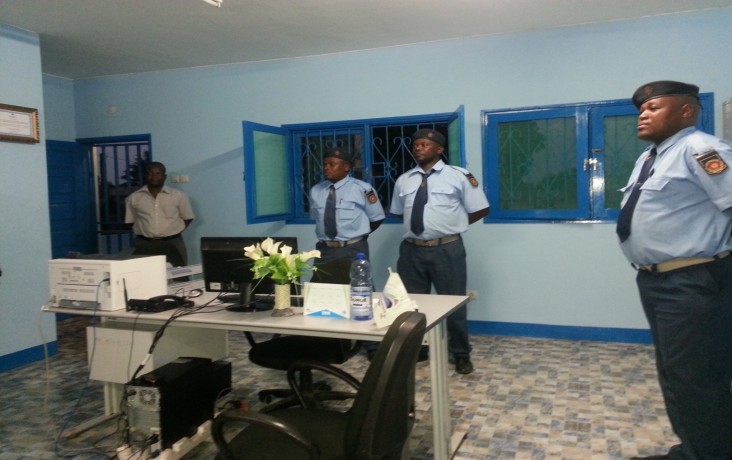
Nov. 2014—In 2012, the Government of Mozambique launched a tool to better manage customs operations—the Single Electronic Window. Designed to enhance efficiency and transparency of trade across borders, the system improves trade taxation management, enables effective controls, and promises to make it easier to do business in Mozambique.
Modeled after Single Electronic Windows used around the world, Mozambique's system allows parties involved in trade and transport to submit standardized information and documents at a single entry point to fulfill all import, export and transit-related regulatory requirements.
The system was implemented in conjunction with new government regulations that clarified transit requirements, made consistent procedures and fees for ports throughout the country, and reduced instances of fraud and smuggling. However, the roll-out and implementation of the reforms created new problems.
Transit officials and companies attempting to move goods across the country’s borders were not adequately trained on the new regulations or electronic system. Containers carrying goods that could not be cleared created bottlenecks at the ports, and chaos ensued in the major port cities of Maputo, Beira and Nacala. The private sector was in an uproar because business was severely impeded as a result of the confusion.
USAID’s Support Program for Economic and Enterprise Development (SPEED) helped the Government of Mozambique address the challenge by developing training materials and disseminating information on the new regulations and procedures. USAID staff traveled to all main points of transit including Maputo, Beira and Nacala to train customs officials, transit agents, brokers and members of the private sector to literally get business moving again.
After much debate and complaints from the private sector, the Ministry of Finance approved new customs transit regulations in August 2013. These regulations standardized procedures and requirements for companies transporting goods through Mozambique’s ports to other countries, as well as identified goods subject to a bond guarantee deposit. Once again, USAID assisted the government and private sector by training customs officials, transit agency representatives and business leaders on the new regulations.
The customs transit training offered at major transit points to both public and private sector representatives was well received. At a June 2014 meeting between the United States Embassy and the Mozambican Tax Authority, Rosario Fernandes, president of the Tax Authority, praised USAID for helping to ease the roll-out of the new legislation.
“SPEED jumped into action at a critical time to alleviate the pressure and gridlock at the country’s main ports,” said Brigit Helms, the program's chief of party. “This public education effort was a huge success, and we are proud to have been part of the solution to facilitate improved business practices in Mozambique.”
The SPEED program, which runs from August 2010 to February 2015, aims to improve the business environment in Mozambique by having more companies doing more business, resulting in increased trade and investment and a stronger competitive position.
LINKS
Follow @USAIDMozambique, on Facebook, on Flickr, on YouTube







Comment
Make a general inquiry or suggest an improvement.